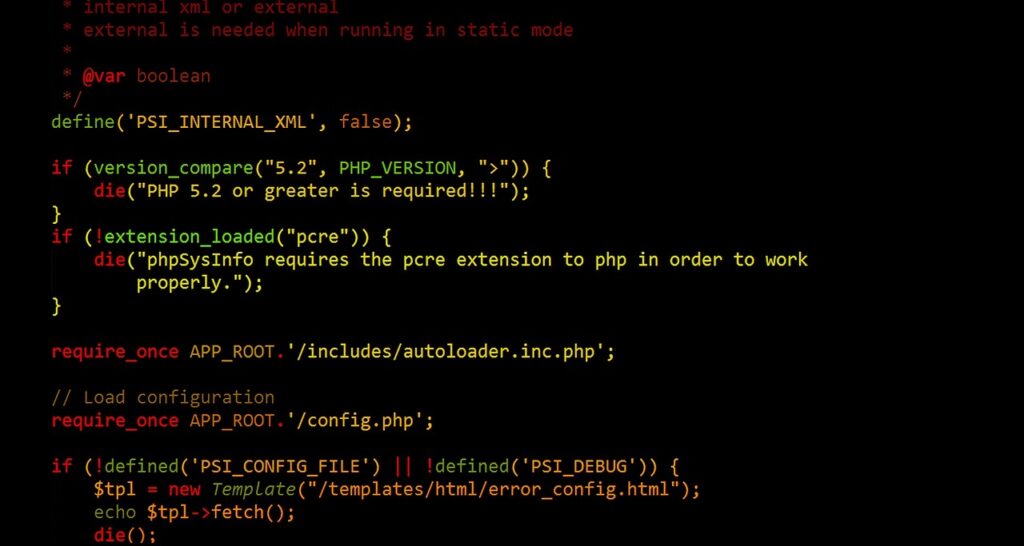Introduction
As the world of databases continues to evolve, MongoDB has emerged as a popular and powerful choice for developers and organizations. MongoDB, a NoSQL database, has gained widespread adoption for several compelling reasons. In this article, we will explore why MongoDB is the best choice in 2023 for those seeking a versatile and scalable database solution.
1. Flexible Data Modeling
One of MongoDB’s key strengths is its flexible data modeling. Unlike traditional relational databases that require a predefined schema, MongoDB allows developers to work with flexible, schema-less data structures. This flexibility is particularly advantageous when dealing with rapidly changing data, such as in the case of web applications and mobile apps.
MongoDB’s BSON (Binary JSON) format allows for easy storage of complex data structures, making it an excellent choice for modern, data-intensive applications.
2. Scalability
In today’s data-driven world, scalability is crucial. MongoDB is designed with scalability in mind, making it a top choice for applications that anticipate rapid growth in data volume and user traffic. It offers horizontal scalability through sharding, which allows you to distribute data across multiple servers or clusters effortlessly.
Whether you’re starting with a small dataset or managing terabytes of data, MongoDB’s scalability ensures your application can grow seamlessly to meet your needs.
3. High Performance
MongoDB’s architecture is optimized for high performance. It stores data in a binary format, BSON, which is both efficient for storage and quick to access. Furthermore, it provides various indexing options to speed up queries, ensuring that your applications can handle large datasets with ease.
Additionally, MongoDB supports automatic load balancing, making it suitable for applications that require consistent performance even under heavy workloads.
4. Rich Query Language
MongoDB boasts a powerful query language that allows developers to perform complex queries on their data. The query language supports a wide range of operations, including filtering, sorting, and aggregation, making it easy to retrieve and manipulate data as needed.
Furthermore, MongoDB supports geospatial queries, which is invaluable for location-based services and applications.
5. Active Community and Ecosystem
MongoDB has a thriving community and a rich ecosystem of tools and libraries. This means that developers have access to a wealth of resources, including documentation, tutorials, and third-party integrations. MongoDB’s active community also ensures that the database is continually evolving, with regular updates and improvements.
6. Comprehensive Security Features
Security is a top priority in today’s digital landscape, and MongoDB provides a robust set of security features. It offers authentication, authorization, and encryption options to protect your data at rest and in transit. Role-based access control (RBAC) allows you to define fine-grained access permissions, ensuring that only authorized users can interact with your database.
Conclusion
In 2023, MongoDB remains an excellent choice for organizations and developers looking for a flexible, scalable, and high-performance database solution. Its ability to adapt to changing data needs, coupled with its robust feature set and active community, makes it a compelling option for a wide range of applications, from small startups to large enterprises. Whether you’re building a web application, a mobile app, or a data-intensive platform, MongoDB should be a top consideration when selecting a database technology.



